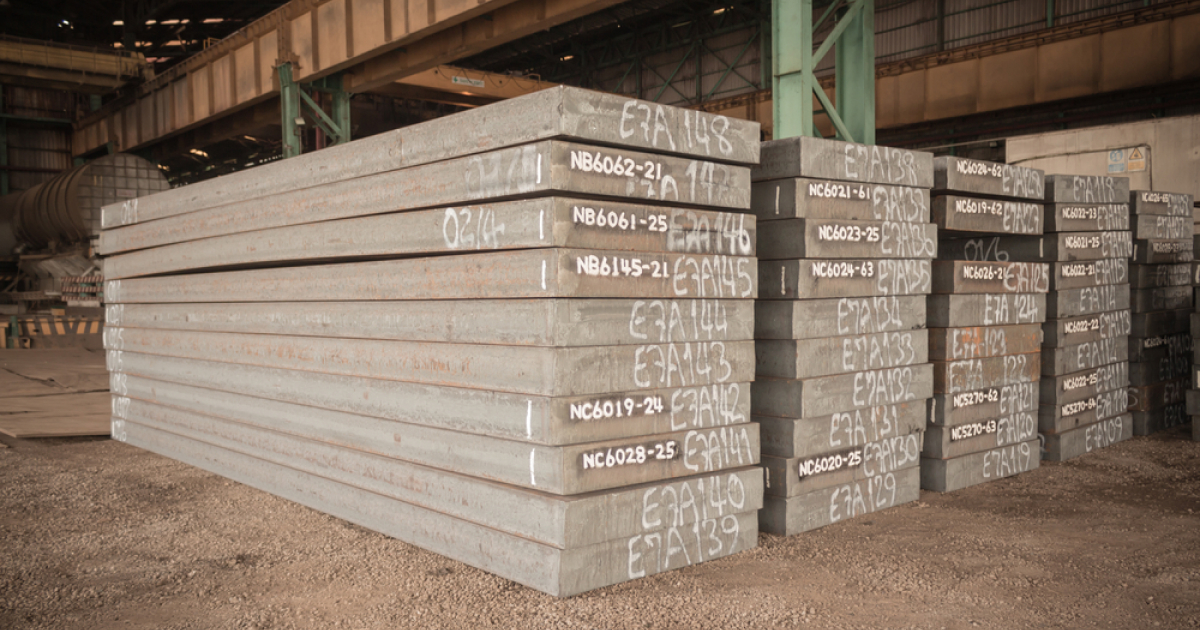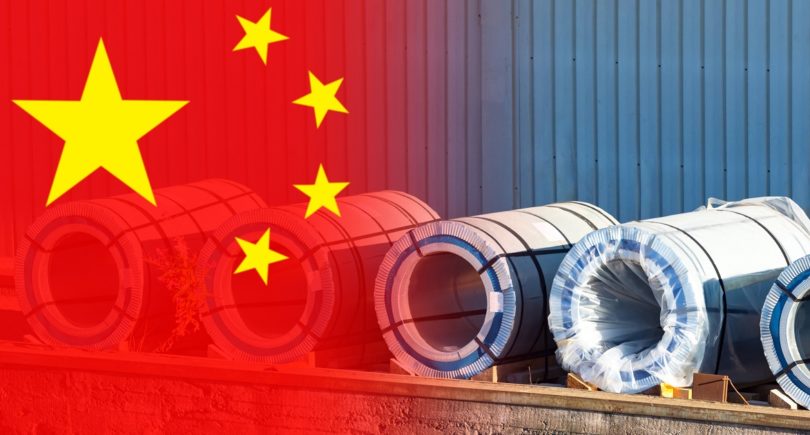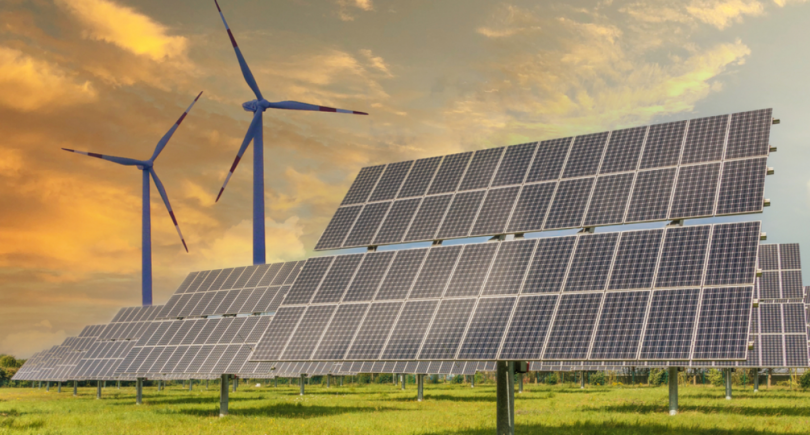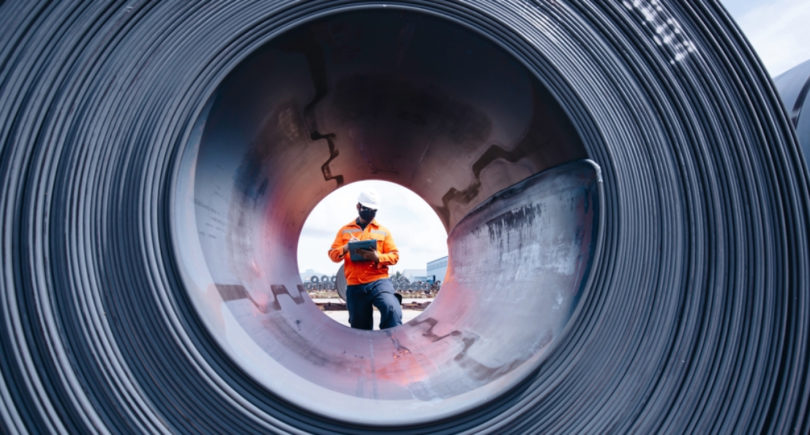
News Global Market Czech Republic 572 20 November 2023
The country is pushing for continued supplies of Russian products despite the 8th package of sanctions
On November 17, 2023, the European Union discussed the 12th package of EU sanctions against Russia, trying to reach an agreement on new restrictions, including those on steel products. The Czech Republic is lobbying for a proposal to extend the transitional period that allows imports of slabs from the Russian steel company NLMK. Politico reports this with reference to EU diplomats.
The country’s interests in importing Russian slabs lie in the fact that the Russian company NLMK continues to operate in the Czech Republic, Belgium and Italy through subsidiaries to which Novolipetsk Steel Plant supplies semi-finished products. This was made possible by the fact that the 8th sanctions package, adopted in October 2022, established a transition period during which EU countries can import slabs from Russia within the established quotas. The transitional period is due to end on 30.09.2024, and the next day a complete ban on imports of slabs from Russia will come into force.
By establishing a two-year transition period, the European Commission has actually listened to the arguments of countries that use Russian slabs in rolling production (primarily the Czech Republic, Italy, and Belgium). Last year, these countries emphasized that it was impossible to quickly find alternative suppliers of slabs and that there was a risk of local steel mills shutting down. The European Commission made concessions and introduced a transition period, giving two years to adapt to the cessation of slab imports from Russia.
Now, the Czech Republic has called for an extension of the transition period until 2028, using the same arguments about difficulties in finding alternative suppliers. It is not yet clear whether the Czech Republic’s policy is supported by other European countries where NLMK operates, such as Italy and Belgium.
Promoting the idea of continuing to import slabs from Russia sets a dangerous precedent for possible sanctions relief if EU countries do not take sufficient measures to get rid of their dependence on Russian supplies.
Russia has taken a dominant position in the European slab market after Russian troops destroyed two large steel mills in Ukraine that also supplied slabs to the EU market. In such circumstances, continuing to import slabs from Russia would be against the interests of the EU, which supports Ukraine economically and militarily.
Discussions on the 12th package of sanctions are currently ongoing. It is expected to be signed before the next European Council in mid-December or at the latest by the end of the year.
The European Union in January-August 2023 reduced steel imports from Russia by 41.1% compared to the same period in 2022 – to 3.65 million tons. The import of semi-finished products amounted to 2.22 million tons, which is 24.7% less y/y.
Despite the sanctions introduced against Russia, the iron and steel complex of the Russian Federation continues to receive significant profits from the export of products to the European Union. Although the indicators have significantly decreased compared to 2022, in particular last year exports amounted to 7.92 million tons for €3.87 billion, deliveries still remain at a high level.



